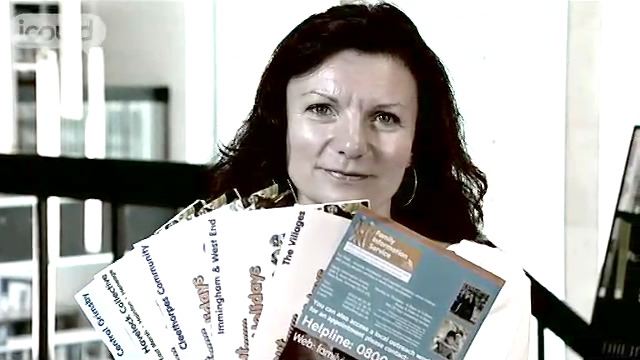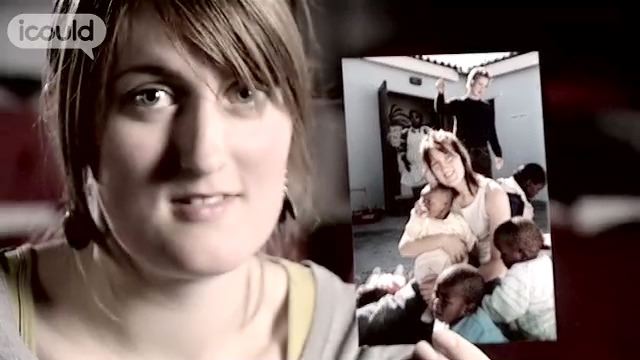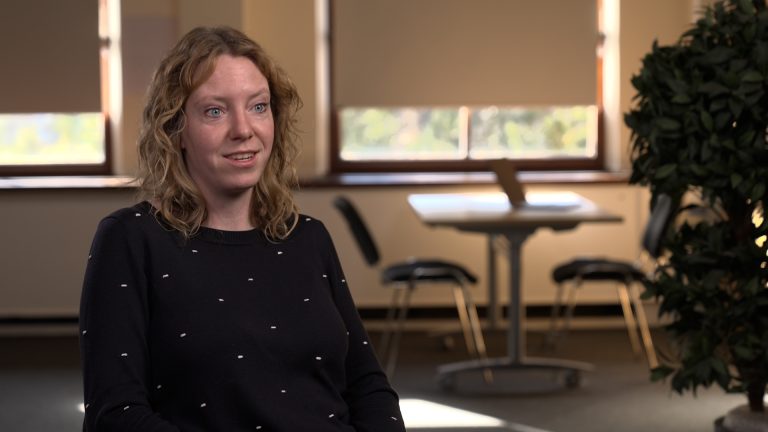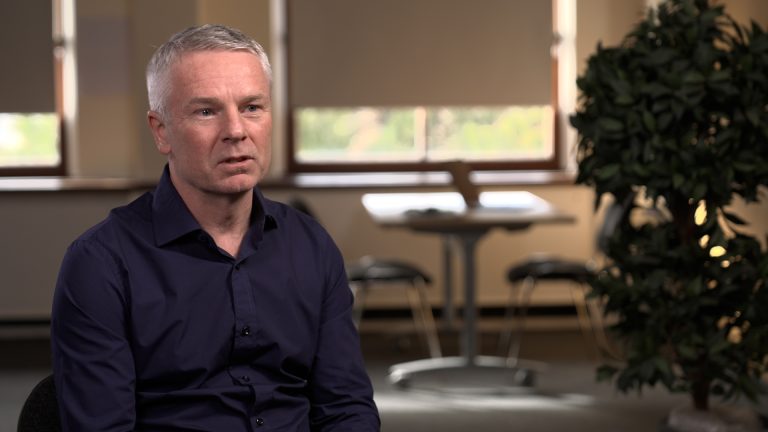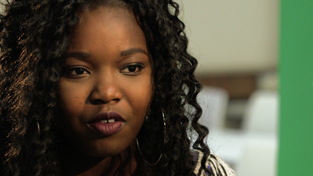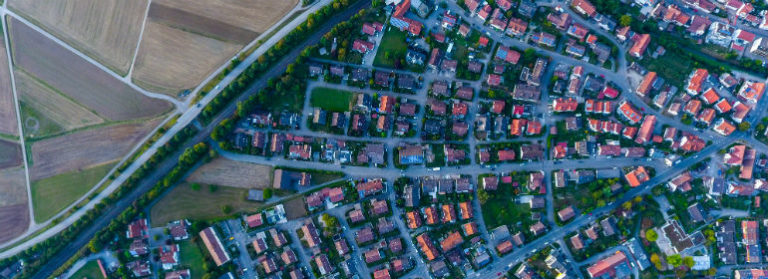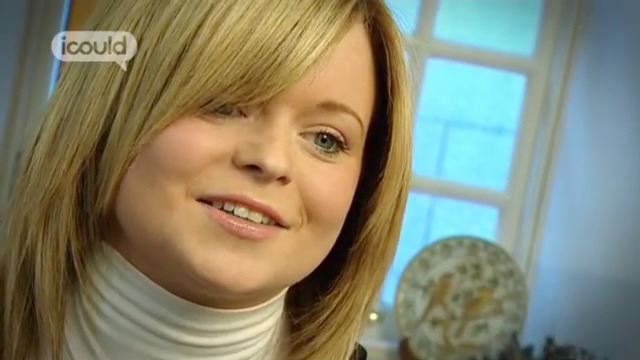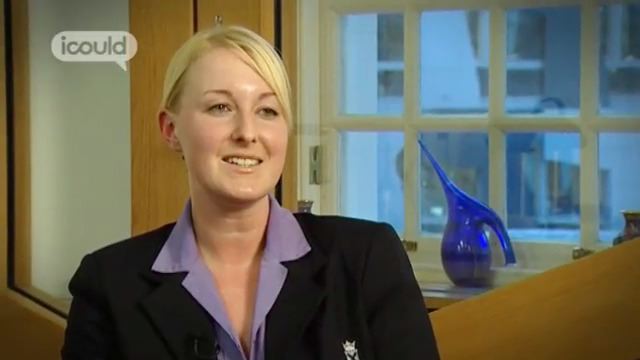Social Worker
Lewisham County Council
Rachel W
00:00:03 My name’s Rachel W, and I’m a newly-qualified Social Worker in the Children and Young People Section at Lewisham Council. So basically I have about 9 to 15 caseloads, which is kind of 9 to 15 families who I work with on a daily basis. And my job is basically to look at the safety and protecting of children in those families. So I’d introduce myself to the family, introduce myself to the child most importantly, ‘cause that’s ultimately who I’m a Social Worker for. And then it would involve doing home visits, going to see the school, maybe going to health appointments with them, talking to them on the phone. You know, often people come into the office as well, and we deal with kind of crises. So sometimes we’re at hospitals, police stations, you know, whatever aspect of everyday life really, which that child’s involved with. It can be a multitude of things.
00:00:53 I worked in my gap year – well it wasn’t a gap year, sort of a gap summer – in Africa, and that really affected me, and kind of made me know that I wanted to work with children who were maybe slightly more disadvantaged than myself. It was an orphanage with about 150 children who’d been orphaned through AIDs, and we basically provided them with a home.
00:01:19 I think I went there thinking that I was gonna go into an environment where there were lots of children who were very sad and upset and forlorn. But in fact I went into an environment where the children were just as happy as they are in the streets, you know, in Lewisham. You know, they’re just as happy ‘cause, you know, they’re children. And that was quite – that kind of puts a lot of things into perspective really. But equally I was, you know, faced with things that I hadn’t seen before. Children obviously with terminal diseases, and dealing with the issues that come with that, and the loss that comes with that as well. Things that I’d never dealt with in my life. It was really difficult, it was really fulfilling, and really enlightening, it was – yeah kind of in a clichéd way – it was quite life-changing.
00:02:40 It’s the little changes that you see in a child, you know, if they do start going to school, or they do stop getting arrested by the police or, you know, they do start re-establishing that relationship with their mother, you know, it’s the little things. I’m not going to say that we ever solve the problems that a child has, because I don’t think we ever do, I think that’s quite naïve in thinking that we rescue, you know, poor children. But we can make small differences that will improve their lives. People often ask me whether it is emotionally draining to do my job, but I would say that it is, in some respects. I think there’s always the odd case that really gets to me, but I think that lets me know that I’m still human. I think, you know, the day that I’ not affected by something quite traumatic is the day that I should probably stop doing my job for good. I think I’ve worked quite hard at making sure that I’m quite detached so, you know, come half past five – well hopefully – I leave the office and then it’s my time, and I’m no longer a Social Worker, I’m just Rachel. And that’s quite important balance for me to keep I think, otherwise I think I’d probably go mad. I do find myself going home sometimes quite stressed and quite drained. But I do still get up for work quite excited every day. It’s so varied, and I ultimately get to work with children and families, and my main aim is to keep families together. And although that can be really hard at times, and although it’s not even possible at times, it’s quite nice knowing that I’m working towards that goal, in general.
00:03:19 I think my dream job – if it even existed, well no it does exist – I think it would be to be a professional cricketer ,would be my idea job. You know, female cricketer – you may laugh – but that would be my ideal job, yeah.
00:03:34 ENDS
Rachel W is a newly qualified Social Worker in Lewisham. Working in an AIDS orphanage in Africa on a summer job changed her life. She trained to be a social worker protecting and ensuring the safety of children and their families. She likes to keep a balance and become “just Rachel” at five-thirty.
More information about Social workers
The UK average salary is £29,813
There are 37.5 hours in the average working week
The UK workforce is 47% female and 53% male
Future employment
- Liaises with other health and social care professionals and agencies to identify those in need and at risk within the local community;
- Interviews individuals and groups to assess and review the nature and extent of difficulties;
- Undertakes and writes up assessments to specified standards;
- Arranges for further counselling or assistance in the form of financial or material help;
- Organises support and develops care plans to address service users’ needs;
- Keeps case records, prepares reports and participates in team meetings;
- Gives evidence in court;
- Participates in training and supervision.
